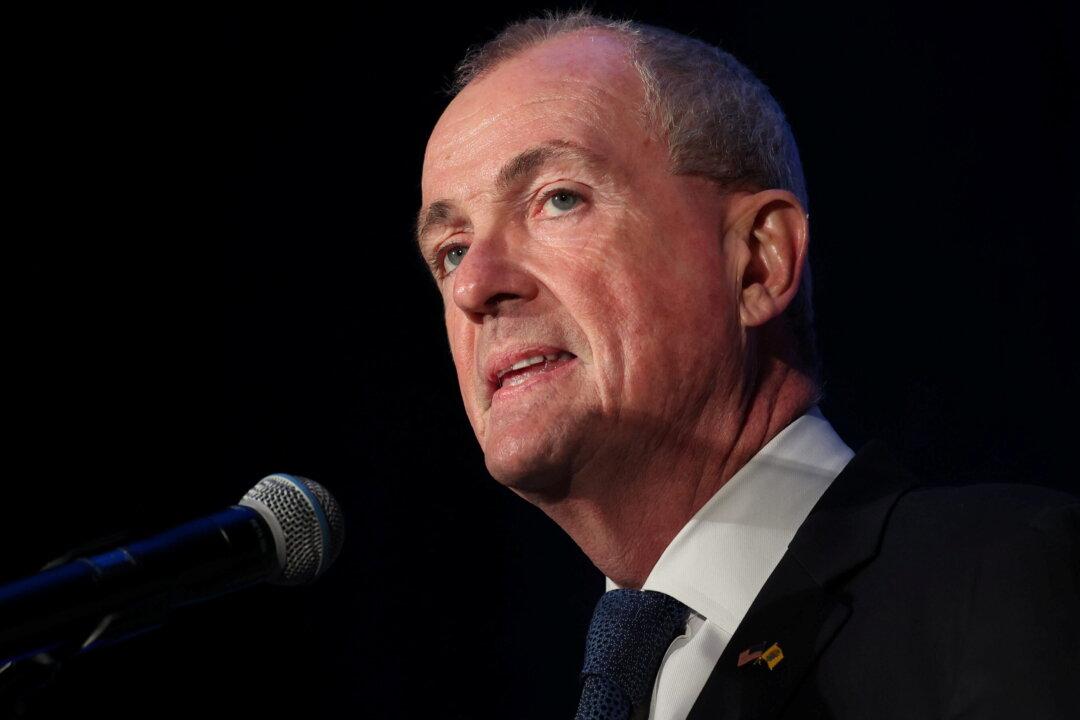With the signing of a bill this week by Democrat Gov. Phil Murphy, New Jersey has become the first state requiring schools to teach media literacy to all K–12 students, in an effort to teach them how to recognize misinformation.
The law adds “information literacy” to New Jersey Student Learning Standards as a new content area, and within that, “media literacy” is required. Schools must teach about research; how information is created and produced; the difference between facts, points of view, and opinions; the ethical production of information; and the economic, legal, and social issues surrounding the use of information.





